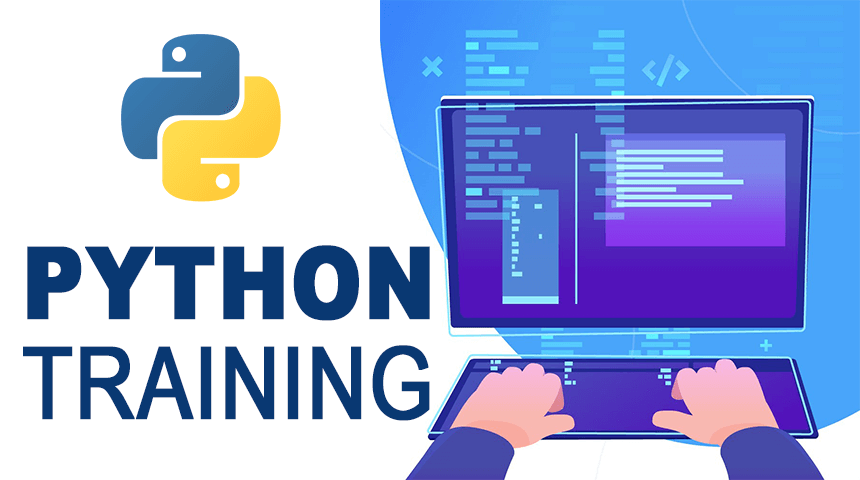Introduction:
In the vast landscape of programming languages, Python stands out as a versatile and powerful tool. For those who have already mastered the basics of Python programming, the journey to the advanced realm promises a deeper understanding and a broader set of skills. In this article, we'll explore the nuances of advanced Python programming, delving into topics that go beyond the fundamentals, equipping you with the expertise to tackle complex projects and challenges.
I. The Pillars of Advanced Python Programming:
Decorators and Generators:
Advanced Python programming often involves mastering the art of decorators. Learn how to use these powerful constructs to modify functions and methods elegantly. Additionally, explore the efficiency and flexibility offered by generators, allowing for the creation of iterators with minimal memory consumption.
Context Managers:
Context managers play a crucial role in resource management. Understand how to create and use context managers to handle resources like files, database connections, and network connections more effectively, ensuring proper cleanup and maintenance.
II. Object-Oriented Mastery:
Metaclasses:
Delve into the world of metaclasses, a concept that enables you to control the creation and behavior of classes. Learn how metaclasses can be a powerful tool for shaping the structure of your Python programs.
Abstract Base Classes (ABCs):
Explore the use of Abstract Base Classes to define and enforce a common interface across a family of classes. This advanced concept promotes code reliability and maintainability in large projects.
III. Asynchronous Programming:
Asyncio Framework:
In the era of responsive and scalable applications, asynchronous programming is a crucial skill. Uncover the Asyncio framework, a part of the Python standard library, and learn how to write asynchronous code to boost the efficiency of your applications.
Concurrency vs. Parallelism:
Gain a clear understanding of the distinctions between concurrency and parallelism in Python. Explore tools like threading and multiprocessing to handle concurrent tasks and parallel execution for improved performance.
IV. Data Science and Machine Learning Integration:
NumPy and Pandas Mastery:
Elevate your data manipulation skills by mastering NumPy and Pandas. Understand how these libraries empower you to efficiently handle large datasets, perform complex operations, and prepare data for machine learning.
Scikit-Learn for Machine Learning:
Bridge the gap between Python programming and machine learning. Explore the Scikit-Learn library, diving into the implementation of common machine learning algorithms and techniques.
V. Real-World Applications:
Web Development with Flask and Django:
Take your web development skills to the next level by exploring advanced features of Flask and Django. Learn about blueprints, middleware, and Django REST framework, enabling you to create robust and scalable web applications.
Building RESTful APIs:
Discover the intricacies of designing and implementing RESTful APIs using Python. Understand best practices, authentication methods, and how to create APIs that seamlessly integrate with other services.
Conclusion:
As you venture into the realm of advanced Python programming, remember that expertise comes with practice. Continuously challenge yourself with complex projects, contribute to open-source initiatives, and stay abreast of the evolving Python ecosystem. With a solid foundation in advanced Python concepts, you'll be well-equipped to tackle sophisticated programming challenges and contribute meaningfully to the world of technology. For those seeking guided expertise on their journey to mastering advanced Python programming, consider enrolling in the best Python training institute in Bhopal, Moradabad, Delhi, Noida and all cities in India. A reputable institute can provide structured learning paths, experienced instructors, and a supportive environment to enhance your skills. Invest in your future as a proficient Python developer and unlock the doors to a world of possibilities.
